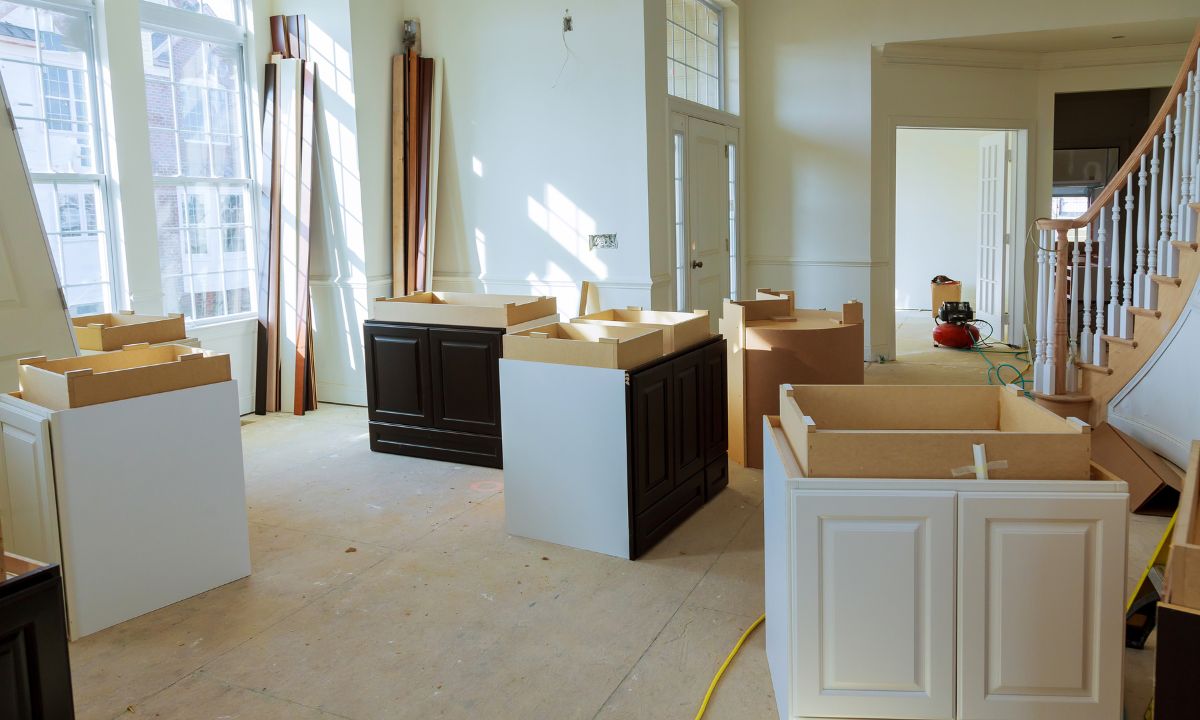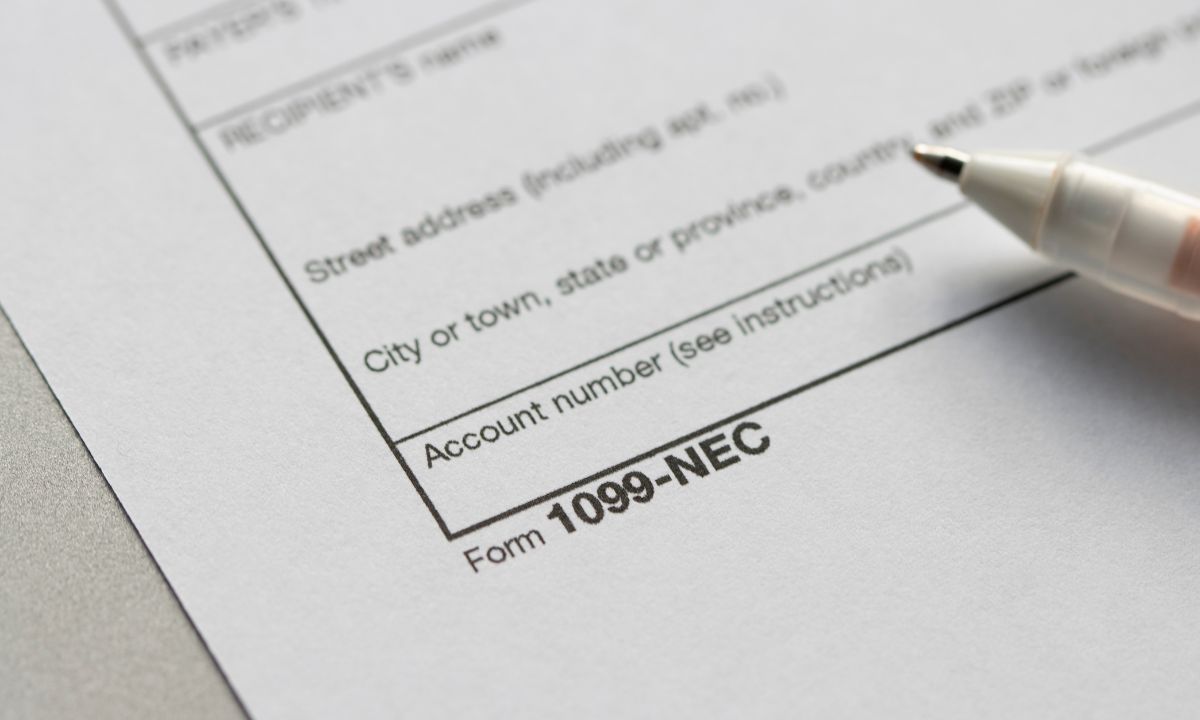A Comprehensive Guide to Explaining Escrow Accounts
 Whether you’re a first-time homebuyer or a seasoned homeowner considering a refinance, the term “escrow account” often looms as a source of confusion. Yet, understanding the ins and outs of escrow accounts is crucial for managing your homeownership responsibilities effectively. In this article, we’ll address some common questions and concerns regarding escrow accounts to shed light on their importance and functionality.
Whether you’re a first-time homebuyer or a seasoned homeowner considering a refinance, the term “escrow account” often looms as a source of confusion. Yet, understanding the ins and outs of escrow accounts is crucial for managing your homeownership responsibilities effectively. In this article, we’ll address some common questions and concerns regarding escrow accounts to shed light on their importance and functionality.
What is an Escrow Account?
Escrow accounts, sometimes referred to as “impound” accounts, serve as a financial mechanism to facilitate the payment of property taxes and homeowner’s insurance. Typically, lenders require homeowners to contribute a portion of these expenses upfront, which is then deposited into the escrow account for disbursement.
Who Controls Escrow Accounts?
Lenders maintain complete control over escrow accounts. However, homeowners are entitled to receive an annual statement detailing their escrow balance. Should there be fluctuations in insurance premiums or tax assessments, homeowners can request a review of the escrow account to adjust payment amounts accordingly.
Is Interest Paid on Escrow Accounts?
Federal regulations do not mandate the payment of interest on escrow accounts. When refinancing a home, the funds allocated for taxes and insurance are factored into the overall mortgage payment, with the portion designated for these expenses placed in escrow.
What Happens During a Home Sale or Refinance?
Upon selling or refinancing a home, the escrow account is credited at closing. Homeowners may opt to apply the credited amount towards reducing out-of-pocket expenses or receive it as a direct payment.
Managing Shortfalls and Overages
In cases where the escrow account falls short of anticipated expenses, the lender may request additional payments from the homeowner to cover the deficit. Conversely, if there’s an overage in the escrow account, lenders have the discretion to refund the excess amount directly to the homeowner. Generally, shortfalls or overages of $50 or less are deemed negligible.
The Benefits of Escrow Accounts
For homeowners, escrow accounts offer a streamlined approach to managing recurring expenses associated with homeownership. By spreading out payments for taxes and insurance throughout the year, escrow accounts alleviate the burden of lump-sum payments, ensuring financial stability and peace of mind.
While escrow accounts may initially seem complex, they play a pivotal role in simplifying the financial aspects of homeownership. By understanding how escrow accounts function and their benefits, homeowners can navigate the process with confidence and clarity. Whether mandated by lenders or chosen for convenience, escrow accounts serve as a practical tool for effectively managing homeownership expenses. If you have questions or concerns regarding escrow accounts, don’t hesitate to consult with your lender or financial advisor for personalized guidance.

 While watching shows like Property Brothers, Flip or Flop, Fixer to Fabulous, Fix My Flip and Fixer Upper may paint a rosy picture of buying a remodeled home, the reality often differs significantly. While these shows depict smooth transformations and stunning results, real-life experiences with remodeled homes can be far more complex and challenging.
While watching shows like Property Brothers, Flip or Flop, Fixer to Fabulous, Fix My Flip and Fixer Upper may paint a rosy picture of buying a remodeled home, the reality often differs significantly. While these shows depict smooth transformations and stunning results, real-life experiences with remodeled homes can be far more complex and challenging. For self-employed professionals, the mortgage process can feel like passing through a maze, fraught with challenges and uncertainties. Traditional lending standards often favor individuals with stable, predictable incomes, leaving entrepreneurs and freelancers in a precarious position. However, there’s a solution gaining traction in the mortgage industry: Non-Qualified Mortgages (Non-QM). We’ll explore how self-employed individuals can successfully navigate the mortgage landscape, leveraging non-QM lending to their advantage.
For self-employed professionals, the mortgage process can feel like passing through a maze, fraught with challenges and uncertainties. Traditional lending standards often favor individuals with stable, predictable incomes, leaving entrepreneurs and freelancers in a precarious position. However, there’s a solution gaining traction in the mortgage industry: Non-Qualified Mortgages (Non-QM). We’ll explore how self-employed individuals can successfully navigate the mortgage landscape, leveraging non-QM lending to their advantage.